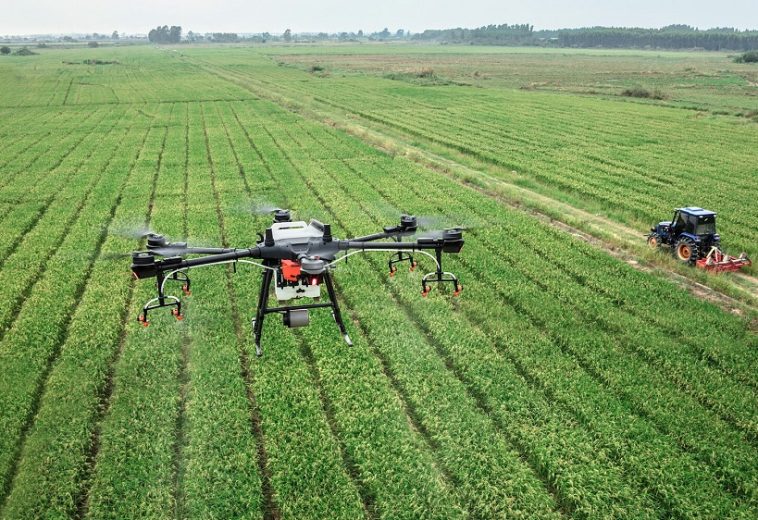As one of Africa’s largest oil producers, Angola’s economy has long been dependent on this single sector, with hydrocarbons contributing to approximately 90% of export revenues and around 30% of Gross Domestic Product (GDP). The oil sector’s dominance has rendered the Angolan economy vulnerable to global oil price volatility. For instance, during the oil price downturn between 2014 and 2016, Angola faced a significant economic contraction, with GDP growth slowing from 4.7% in 2013 to 0.2% in 2016, according to the World Bank.
However, recent developments suggest a concerted effort towards economic diversification, which could redefine the nation’s economic landscape. This analysis explores Angola’s diversification strategies, potential opportunities, and the implications for its economic future.
Strategic Diversification Efforts
In response to these challenges, Angola’s government has initiated several strategies aimed at economic diversification. The “Angola 2025” vision outlines the country’s commitment to reducing its dependence on oil by investing in other sectors. Key areas of focus include agriculture, tourism, and infrastructure development.
Agriculture: Angola’s agricultural sector holds substantial potential for growth. With over 58 million hectares of arable land, only a fraction is currently cultivated. The government’s emphasis on agrarian reform and investment in agricultural technology aims to boost production and ensure food security. The International Monetary Fund (IMF) estimates that agricultural diversification could contribute an additional 2% to Angola’s GDP by 2025.
Tourism: Angola’s diverse landscapes, from the Atlantic coastline to the rolling savannahs and unique wildlife, present untapped opportunities for tourism. The Ministry of Tourism has launched initiatives to promote Angola as a tourist destination, aiming to increase visitor numbers and revenue. Reports from the World Tourism Organization highlight that Angola could potentially generate up to $1.5 billion annually from tourism by 2030, a significant increase from the current $200 million.
Infrastructure Development: Investing in infrastructure is pivotal to supporting other sectors. Angola has embarked on ambitious projects to enhance its transport networks, including the construction of new roads, railways, and ports. The African Development Bank’s (AfDB) recent report underscores that improved infrastructure could enhance trade efficiency and foster regional integration, potentially increasing Angola’s trade volume by 25% over the next decade.
Investment and Trade Opportunities
For high-profile investors and business leaders, Angola’s diversification efforts present numerous opportunities. The government’s approach includes creating an enabling environment for private sector participation through reforms in regulatory frameworks and incentives for foreign investments.
Free Trade Zones: Angola has established several free trade zones designed to attract international businesses. These zones offer tax incentives and streamlined administrative processes, making them attractive for foreign direct investment (FDI). According to a report by the United Nations Conference on Trade and Development (UNCTAD), FDI inflows into Angola’s non-oil sectors have seen a gradual increase, reflecting growing investor confidence.
READ ALSO: The Creator Economy is Africa’s New Growth Frontier
Public-Private Partnerships (PPPs): The Angolan government is actively promoting PPPs as a means to drive infrastructure development and service delivery. The World Bank’s recent analysis indicates that successful PPPs could significantly reduce the burden on public finances while accelerating the delivery of essential services and infrastructure.
Sector-Specific Opportunities: In addition to agriculture, tourism, and infrastructure, sectors such as renewable energy and technology are gaining traction. Angola’s abundant natural resources offer opportunities for solar and wind energy projects, while the burgeoning tech ecosystem presents prospects for innovation and digital transformation.




